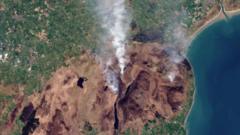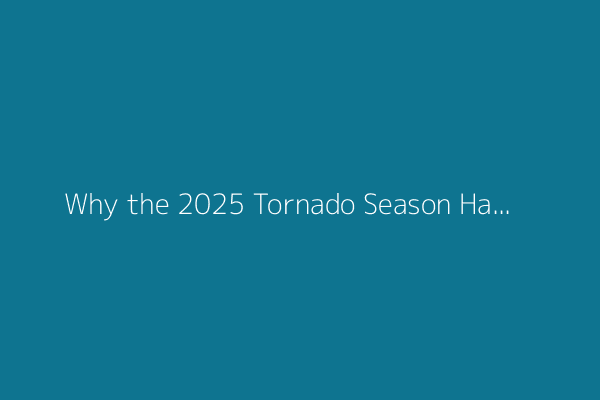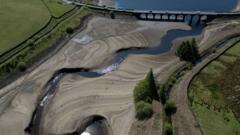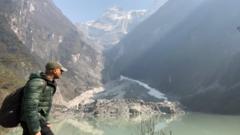Teens in Minnesota combat climate anxiety through environmental action, while the UK faces record wildfires and the US grapples with an unusually destructive tornado season, highlighting escalating climate challenges.
Why World Pulse Now?
Unified Coverage
All major sources, one page
Emotional Lens
Feel the mood behind headlines
Trending Topics
Track trends across continents
Read Less, Know More
Sharp summaries of big moments
Live Stats
8,087
150
212
in 31 minutes
Mobile App
Get instant summaries, explore trending stories, and dive deeper into the headlines — all in one sleek, noise-free mobile experience.
Stay in the Loop
Get the latest news and insights delivered straight to your inbox
Why World Pulse Now?
Unified Coverage
All major sources, one page
Emotional Lens
Feel the mood behind headlines
Trending Topics
Track trends across continents
Read Less, Know More
Sharp summaries of big moments
Live Stats
8,087
150
212
in 31 minutes
Mobile App
Get instant summaries, explore trending stories, and dive deeper into the headlines — all in one sleek, noise-free mobile experience.
Stay in the Loop
Get the latest news and insights delivered straight to your inbox








